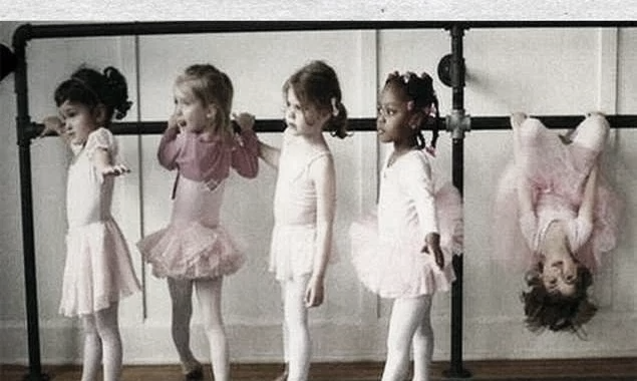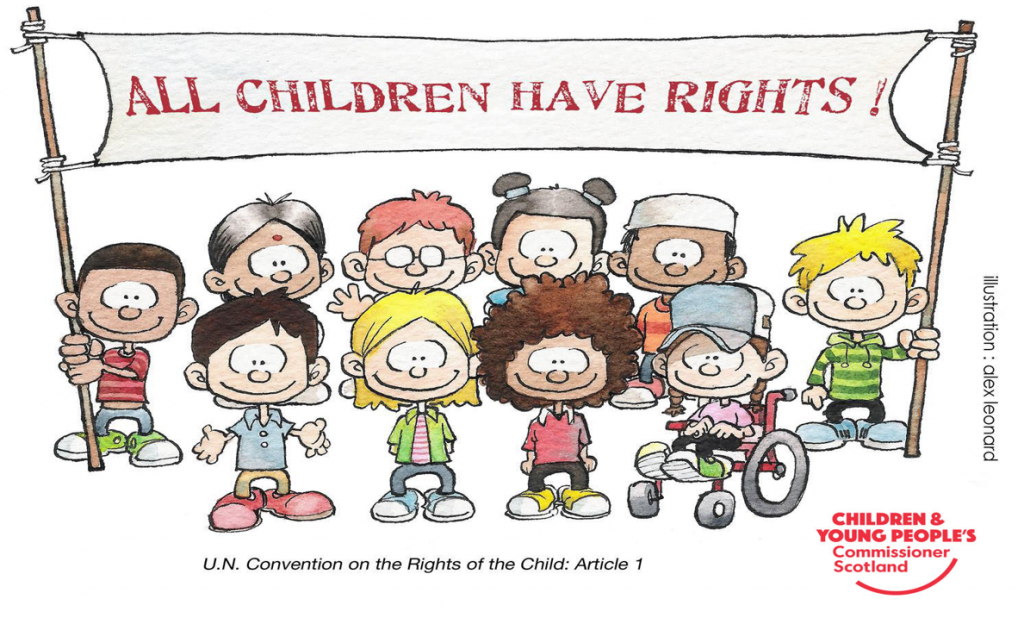I’ve just finished reading chapter 4 of the “Play is the Way” book (anyone else spend their Saturday mornings in this way?). It’s by Cathy McCulloch of the Children’s Parliament and looks at how the movement to introduce a kindergarten stage into the Scottish education system (lead by the very brilliant Upstart) fits within a wider human rights approach. For anyone who wasn’t aware, 2021 is a huge year for children’s rights in Scotland, with this year seeing the adoption of the UN Convention on the Rights of the Child into Scots domestic law. To mark this huge milestone 2021 has been declared the Year of Childhood by Scotland’s Children’s Parliament. Many have high hopes.
Reading the chapter has reminded me, that included in my long to do list, was taking the time to thoughtfully consider where our Gender Friendly approach fits within the wider children’s rights agenda. As we completed the pilot of the Gender Friendly Nursery initiative as part of NHS Greater Glasgow & Clyde, we held a sharing the learning event. Our keynote speaker for the event, Mairi Ferris of Inspiring Scotland and a trustee for the Children’s Parliament, said that she was keen to use her speech to situate our work within a children’s rights framework. Looking back at her presentation 3 years later I am almost hitting myself for not paying more attention!
One of the things we are particularly proud of in the Gender Friendly Scotland approach is that we fully believe it is a home for a variety of (sometimes competing) agendas. A place where, hopefully, people can find commonality of purpose; namely the desire to ensure that young children are not limited in any way by outdated and unrealistic gender stereotypes. Whether the reason is a desire to see an end to violence against women, a concern for poor educational outcomes among certain boys, a worry about the links between idealised body images and eating disorders among young people or many of the other health and social issues where gender inequality and rigid gender roles are having an impact, we can gather together under a shared goal of early years spaces free from gender stereotypes. Mairi recognised this in her speech, making reference to the variety of agendas which ultimately share a desire for equality and equity at their heart.

Getting It Right for Every Child compels us to put the child at the centre of everything we do – our practice should be led by the needs, interests and passions of individual children. By imposing narrow social constructs about what is and is not acceptable for boys and girls we are not treating them as individuals. We are not placing the child at the centre. Cathy’s chapter challenges all of us working with the early years sector to consider where our own particular agenda or area of interest fits with the many competing and equally important agendas. The variety of initiatives and approaches (of which ours is one) available to early years settings and professionals is vast. Setting leaders will decide where individual nurseries or schools want to focus their time, energy and resource. Focus on one area may be at the expense of another – there’s only so many hours in a day – and progress on one issue can be lost when the focus changes over time. But if all these agendas are important, and I believe they are, how can we find a way to ensure there is a place for them all? Cathy’s answer lies in the UNCRC – by situating our work within a wider Children’s Right agenda we may be more likely to achieve a more coordinated and sustainable result.
The UNCRC General Comment No7 states:
“The Convention requires that children, including the very youngest children, be respected as persons in their own right. Young children should be recognised as active members of families, communities and societies, with their own concerns, interests and points of view.”
That is a requirement that I think we all can, and must, get behind. I am excited to continue to reflect on where Gender Friendly Scotland fits.
Susie.
